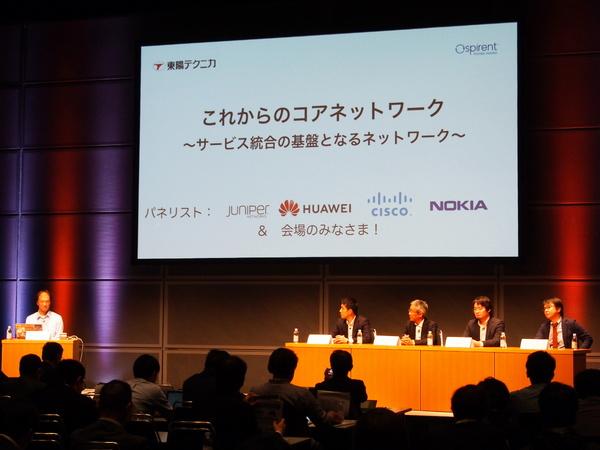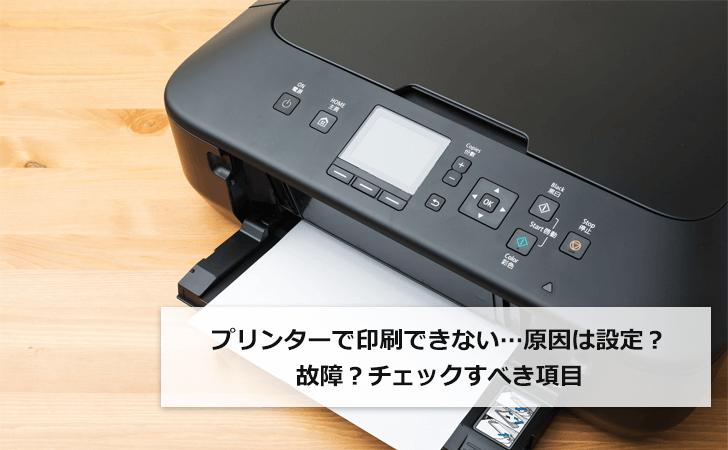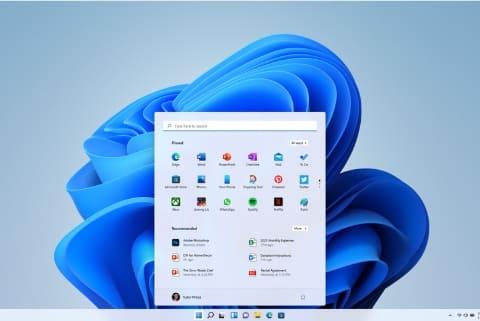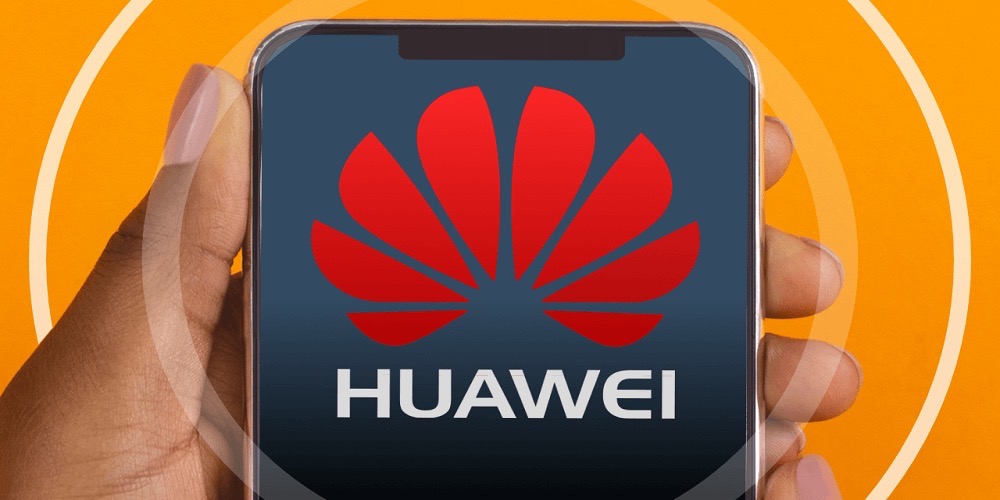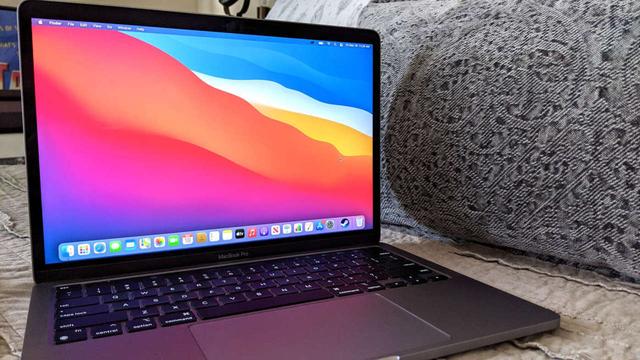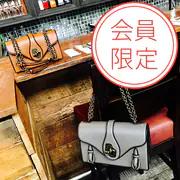Can Chinese manufacturers recruit c...
30
05
Can Chinese manufacturers recruit cautious NTT DoCoMo to win the competition for low-cost mobile phones?
NTT DoCoMo is a new smartphone model for the summer business war. Mainly Sony, Sharp, Samsung Electronics, etc., no Chinese manufacturers employ
On the other hand, judging from the models recently launched by KDDI, Softbank Corp. and Rakuten Mobile, more and more manufacturers, including Chinese manufacturers, as well as parent companies own Chinese companies. In fact, in KDDI's au brand, the "OPPO A54" produced by Oppo will be released after late May, and the "OPPO Find X3 Pro" will be released after late June. The 5G corresponding home router "Speed Wi-Fi HOME 5G L11" that KDDI and its UQ Communications company are scheduled to sell is also produced by ZTE.
Softbank Corp. is more active in adopting Chinese manufacturers. After entering 2021, Shaomi's "Redmi Note9T" and Lenovo's Motorola Mobility's "razr5G" have been adopted on the Softbank Corp. brand line. In addition to selling "Libero 5G" produced by ZTE, the wireless mobile brand will also launch "OPPO Reno5A" produced by Opel in June 2021.
Rakuten Mobile is also active in the adoption of products from Chinese manufacturers, and the original terminals sold by the company also make full use of Chinese manufacturers. For example, the latest model, "Rakuten BIG s", which goes on sale on April 21, 2021, is made by a company called Yulong Computer Telecommunication Scientific (Shenzhen), which offers "Coolpad"-branded smartphones in China and other places.
Judging from this trend, the NTT DoCoMo which does not use the products of Chinese manufacturers on the line of new products is very different from that of other companies. However, the company did not adopt Chinese products at all, but jointly developed the "MONO" of ZTE and low-cost smartphones and the "M" of folding smartphones, and exclusively sold Huawei Technology's most advanced model "HUAWEI P30 Pro" in 2019. On the contrary, there is a positive trend in the adoption of Chinese manufacturers.
Can the impact of wholly-owned corporatization counter the low-price offensive of other companies?
To say that it has become cautious in its adoption of Chinese manufacturers, one is that Chinese manufacturers have been sanctioned by the United States. In fact, ZTE, which is related to the company, was sanctioned by the United States in 2018, and Huawei Technology Company was sanctioned by the United States in 2019. Although ZTE later lifted the sanctions, the sanctions against Huawei Technology Company continue to this day. Many people know that as a result of this impact, the smartphone business is in crisis.
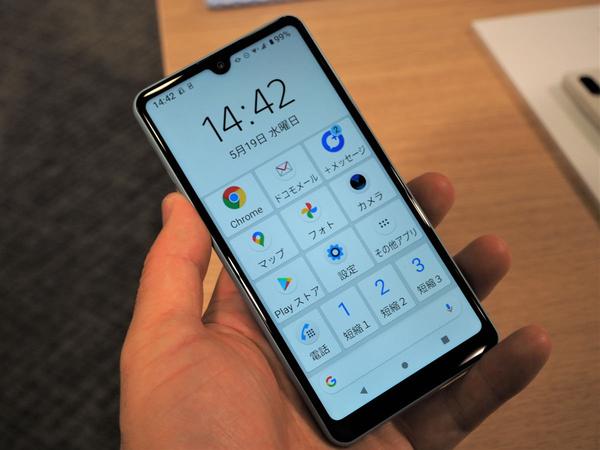
Affected by this, the mobile phone companies, led by NTT DoCoMo, which deal with the products of the two companies, have been affected by sanctions, resulting in great confusion in terms of sales and support. Therefore, Chinese manufacturers have certain national risks, and the largest NTT DoCoMo has adopted a particularly cautious attitude, which can be said to avoid the adoption of Chinese manufacturers.
Another thing to consider is the impact of Japan Telecom telephone (NTT). NTT DoCoMo used to be a merged subsidiary of NTT and has many minority shareholders, so it has a slightly distant relationship with NTT compared with wholly-owned subsidiaries NTT East Japan, NTT West Japan and NTT Communications. However, in 2020, NTT is a wholly owned subsidiary due to the poor performance of NTT DoCoMo, so NTT DoCoMo is completely under the control of NTT.
The largest shareholder who owns more than 30% of NTT shares is the "government and local public bodies," that is, the Japanese government, which is very vigilant about China's deteriorating relations with the United States. Therefore, it can be considered that NTT DoCoMo is strongly influenced by NTT and even the Japanese government, not only the communication infrastructure, but also the terminal is difficult to adopt the products of Chinese manufacturers.
Of course, even if you don't sell smartphones made by Chinese manufacturers, there will be no problem as long as there are enough smartphones online. However, judging from the recent market environment, it seems to be becoming more severe.
In fact, from the perspective of the recent smartphone market, due to the commercialization of smartphones and the saturation of the market itself, it is becoming an advantageous market environment for Chinese manufacturers with strong low prices. Non-Chinese manufacturers fall into a severe situation door to door. In fact, in 2021, NTT DoCoMo also announced that South Korea's LG Electronics, which has purchased a lot of terminals, would withdraw from the smartphone market, and the choices of non-Chinese manufacturers gradually narrowed.
In addition, from the perspective of the Japanese market environment, according to the terminal price reduction restrictions amended by the Telecommunications Act of 2019, mobile phone companies can buy at a low price without much discount, but there is also an urgent need to increase the procurement of fully performing mid-level smartphones. For such terminals, it is the Chinese manufacturers that are powerful. If you avoid purchasing from Chinese manufacturers, the possibility of being in a severe competitive position will increase.
Some of them can also be seen in the lineup of new NTT DoCoMo models. The company has launched "Xperia Ace II" and "arrows Be4Plus" models for those looking for low prices, both of which are achieved by supporting only 4G. But by purchasing cheap 5G smartphones made by Chinese manufacturers, KDDI and Softbank Corp. no longer operate 4G smartphones in the new models of the main brands. It can be seen that in terms of promoting the transition to 5G, it is also disadvantageous not to use NTT DoCoMo, in which Chinese manufacturers cannot provide low-cost 5G smartphones.
From a worldwide point of view, only Samsung Electronics, which maintains the largest global market share, can offer low-cost products that can compete with Chinese manufacturers, but even so, it has been driven by the price offensive of Chinese manufacturers in emerging countries. in order to ensure profits, it is not surprising that the company moves to higher prices whenever it moves to higher prices. In this way, the procurement of low-cost smartphones will become more difficult, and whether NTT DoCoMo can maintain a full production line without relying on Chinese manufacturers can be said to be a very big issue in the future.

